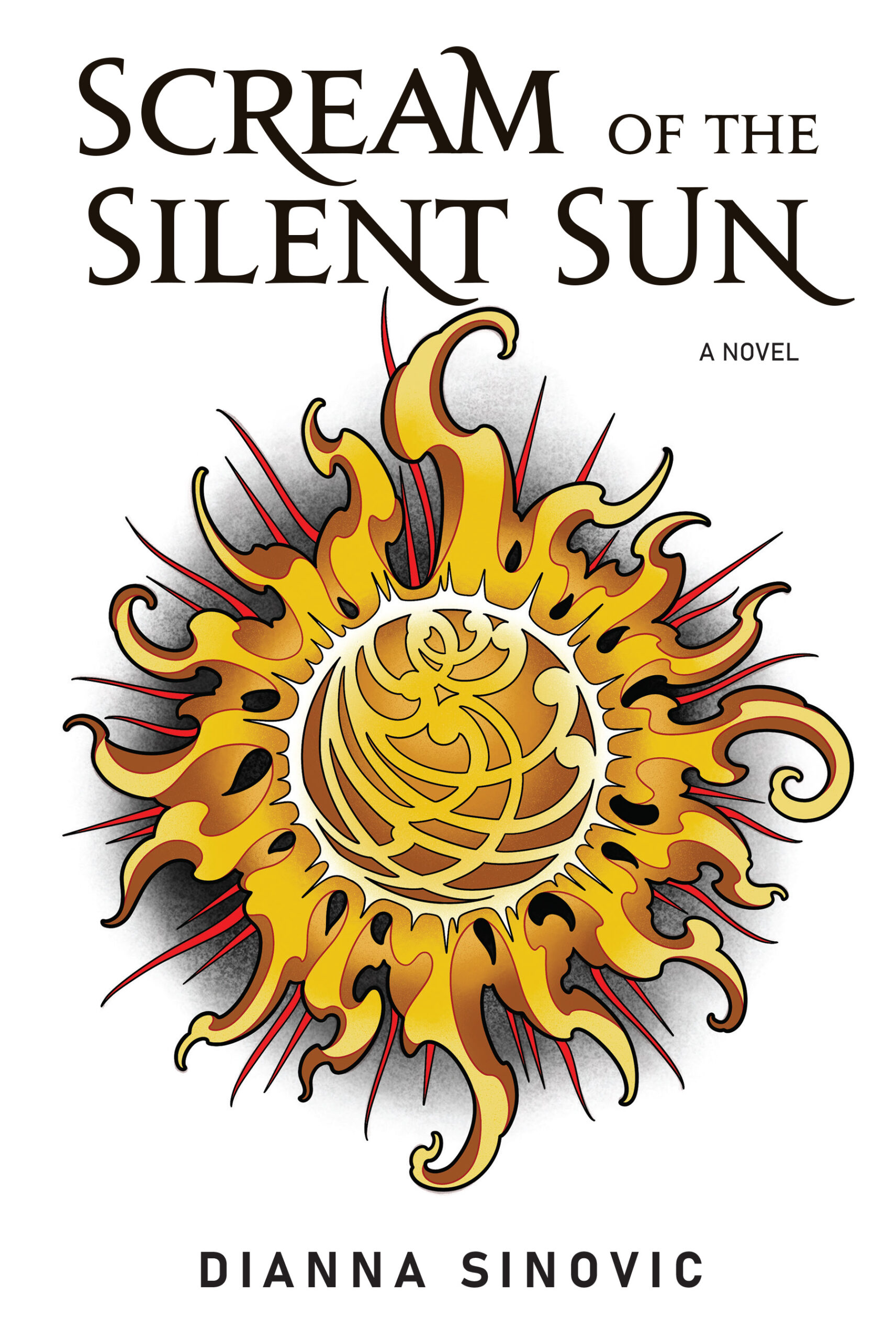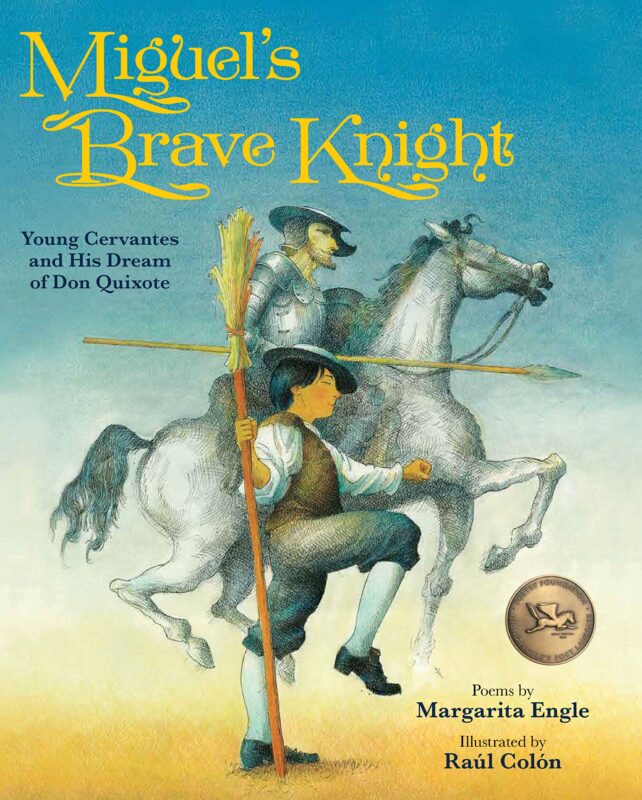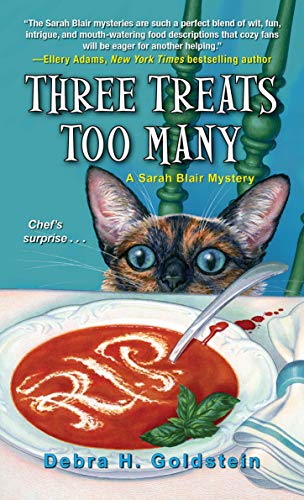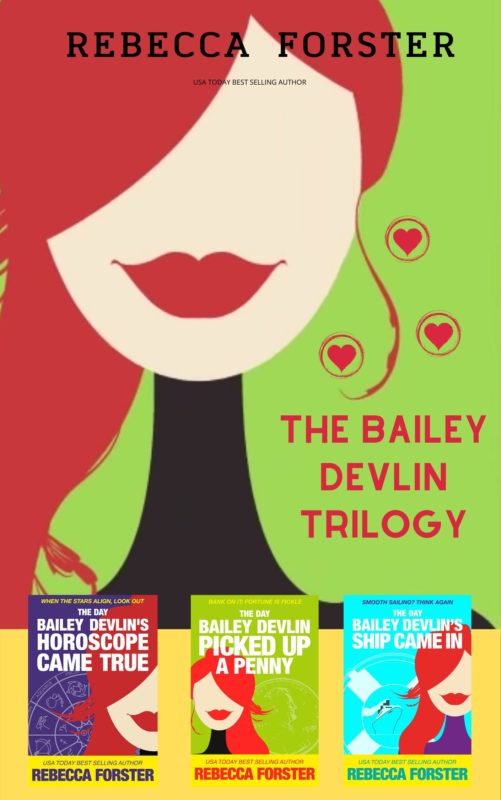Where do stories come from?
March 10, 2025 by Tari Jewett in category Writing tagged as Anne Rice, inspiration, story origin, writingDo you ever read a book or watch a movie and wonder, what made the writer write that story? Is it all imagination? Did the story just come to them? Did they ‘what if’ a plot? Or did they live the story?
So where do stories come from?
The only fiction Hunky Hubby reads is what I write, and he reads every word I write, which amazes me and makes me thankful. Anyway, years and YEARS ago, he’d been listening to the radio and the dj’s were talking about Anne Rice’s The Sleeping Beauty Trilogy, written under the name A.N. Roquelaure. The steamy on air conversation, led him to believe that buying the book for me, might be romantic. He said romantic, but I’m pretty sure he really thought it would ‘get me in the mood’.
Hahaha, well, I’m not sure that book is what I’d call romantic, nor is it a book that would ‘get me in the mood’ but it made me wonder about the author. At the time, I had no idea that it was actually written by Anne Rice, not that it would have made any difference, because I didn’t read vampire books anyway. I had a hard time with the book. Brilliantly written, but also shocking and even bizarre, I’d read a little, put it aside, wondering where these thoughts might come from, then, come back days later to read a little more.
Eventually, I went to the bookstore…because I didn’t have the internet back then, and tried to find other books by A.N. Roquelaure. I discovered who she was, and that she also wrote under the name Anne Rampling. I read Belinda, followed by A Cry to Heaven, and finally, Interview with a Vampire. None of this helped resolve my issue of where these thoughts came from. They were, however, compelling reading.
At that time, I wrote nonfiction. I wrote a cooking column for our local newspaper and Quick ‘N Easy Country Cooking magazine, as well as articles on parenting (I wouldn’t do that now!), consumer law, public speaking, and various other topics. I wrote fiction for fun, for myself.
But that changed.
I started writing fiction seriously. My published books are all romcoms. And if you’re looking for a romantic read for St. Patrick’s Day, I hope you’ll check out #SilverBracelets. But I’m also working on women’s fiction. Writing fiction, brought me back to that question. Where do stories come from?
The answer seems to be it depends on the writer. Some people plot out their stories, selecting characters, places, and carefully planning plotlines, you may already know that these writers are called plotters. Other people let the story unfold as they write it, aka pantsers. And I’d be willing to bet that for most writers, real life at least inspires scenes and characters in their stories.
I personally call myself a plotsy pantser, because I write my first draft as a pantser, letting the characters tell me their stories while I document them. Then, I use that first draft as my outline, and go back and flesh out the story, filling in gaps and hopefully, adding scenes, and hopefully, developing the story into something others might want to read. And yes, while my characters are fictional sometimes people that I’ve known influence their personalities, and real life events often end up in my stories.
Real life in my writing.
In #SilverBracelets, the hero, Benny’s grandmother is inspired by my Tia Tonia, in fact, I didn’t try to hide it, giving her the name Antonia. I didn’t plan this. The Antonia in the story is fictional, but her personality, is inspired by my beloved great Aunt.
In Love and Mud Puddles, one of my favorite scenes is at the beginning of the book. The main character is on a quest to learn to bake cookies for Christmas. She finds a recipe that calls for packed brown sugar. At the grocery store with her best friend they look for packed brown sugar. They find golden brown sugar, dark brown sugar…everything but packed brown sugar. This is of course where they meet the hero, who explains to them what packed brown sugar is. This scene was inspired by a real-life event. Years ago, a good friend, who didn’t bake, asked for a cookie recipe. I gave it to her. A couple of days later I got a frantic phone call from the grocery store, asking if she could substitute another kind of brown sugar for packed brown sugar because she couldn’t find any. I’ll leave her unnamed to protect her identity!
And while the real-life inspiration in my romcoms is from the lighter side of my life, there have been some darker situations that inspired situations in my women’s fiction.
So, the truth is that stories come from different places. They come from imagination, they come from experience, they come from plotting what ifs. And it doesn’t really matter where the story comes from if it engages the reader. If it makes us think or act. If it makes us wonder.
There have been many books over the years that have made me want to know more about the author. Books that have made me want another story to read. Books that have made me want to write. Books that have changed who I am. I’ll always be curious about the origins of a good book, but what really matters to me, is that there’s another book on the shelf to read.
4 0 Read moreFeatured Author: Denise M. Colby
March 1, 2025 by Denise M. Colby in category Apples & Oranges by Marianne H. Donley, Featured Author of the Month tagged as Author of the Month, Christian Historical Fiction, Denise M Colby, Marketing, Social Media, writing
Denise M. Colby loves to write words that encourage, enrich, and engage whether it’s in her blog, social media, magazine articles, or devotions. With over 20+ years’ experience in marketing, she enjoys using her skills to help other authors.

She treasures the written word and the messages that can be conveyed when certain words are strung together. She, being an avid journal writer, is often seen with a pen and notepad whenever she reads God’s word. Denise is writing her first Christian Historical Romance Series, and you can find her at www.denisemcolby.com
Denise is a member of OCRW, Faith, Hope & Love Christian Writers, ACFW (where she was a semi-finalist in the Genesis contest Historical Romance Category), OC Chapter of ACFW, and Novel Academy.
You can read Denise’s column The Writing Journey on A Slice of Orange, or follow her on Facebook or Instagram. You can also sign-up for her newsletter.
Big news for Denise!
Denise’s debut novel, When Plans Go Awry, won the Grand Prize in the Scrivenings Press #GetPubbed Contest for 2023, placing 1st place in the Historical category. It is the first of four books in this series being published by Scrivenings Press.

When Plans Go Awry
Denise M. Colby
ISBN: 978-1-64917-391-1
June 4, 2024
Olivia Carmichael escapes her past to become the next schoolmarm in the small ranching community of Washton, California. Her plan? Live a quiet spinster life alone, never to depend on anyone again.
Luke Taylor selected a mail-order bride to help raise his two younger sisters and protect his broken heart. His plans don’t include being responsible for the beautiful new schoolmarm, who threatens his resolve between his need to stay away and his need to ensure her safety.
Along the way, Olivia’s carefully laid-out plans are challenged at every turn, and Luke’s mail-order bride is not what he expected.
With the help of the entire town and its wily rooster, can Luke and Olivia learn to trust again?
Denise M. Colby’s Books
0 0 Read more
Digging Deep by Dianna Sinovic
February 13, 2025 by Bethlehem Writers Group in category From a Cabin in the Woods by Members of Bethlehem Writers Group tagged as Digging deep, emotions, reader reactions, writing
I can still remember watching Titanic shortly after it came out (late ‘90s). It was the climax, after the iceberg has done its damage and the unsinkable ship is sinking. Rose is lying on the floating debris, and Jack is about to succumb to hypothermia. In the sea of people surrounding me and a friend in the movie theater, we were the only two not sobbing. We looked at each other as the credits rolled, baffled at the teary response we were witnessing.
It was a powerful lesson in storytelling to realize that not everyone reacts to an emotional scene in a way the author (or director) hopes they will.
That varied reaction is one that plays out again and again in discussions with other readers—in my book group, in my movie group, and in my various writers’ groups. We each bring to the books we read and movies we watch a unique set of experiences that influence how we respond to the material.
When the emotional pull is deep, the power of the story can remain long after I finish the book or the movie ends. For me, a book that stayed with me long afterward was Atonement by Ian McEwan. The ending (spoiler alert!), when the reader discovers that Cecilia and Robbie, the young couple they’ve become invested in, actually died because of what another character did that put them in harm’s way, devasted me. I put off starting a new book for days because that story kept haunting me.
Another example is Mongrels by Stephen Graham Jones, about a teen boy who may or may not have inherited his family’s ability to become a werewolf. By the time the climax arrives, the reader is beginning to think the potential transformation will not happen. (Spoiler alert!) So when it does happen, the reader feels the relief viscerally, just as the main character does. I returned to that scene to reread it again and again, marveling at how it affected me.
Neither of these books may have affected you, but it was alchemy magic for me. Or, not really magic, but the skill of the author to build a story so that the emotional stakes for the protagonist feel so real and true that the reader can’t help but experience it along with that main character.
As a book coach, I can be impressed with and enjoy a story for a number of craft reasons—but the reader in me will fall in love with a book because of how it moves me.
According to Donald Maass inhis superb nonfiction book The Emotional Craft of Fiction, the key to moving the reader is making the emotional stakes clear—letting the reader see/understand why what happens is meaningful to the main character. When the important thing does happen (or doesn’t), we feel the impact deeply and it remains with us. “Focus on the emotional world of your characters,” Maass writes, “and you will not only make a better tale, but you will build a better world for us all.”
Let’s return to the movie Titanic. Rewatching that film recently, more than twenty years after my first viewing, my reaction to the climactic scene in the water was much different. I ran for the tissues. The movie hadn’t changed (Jack still died), but so it had to be me. Those intervening years provided enough love and loss to connect emotionally with the scene that played out.
Books By Bethlehem Writers Group
Options
February 10, 2025 by Tari Jewett in category Writing tagged as indie publishing, pay to publish, publishing, traditional publishing, writingAs writers, we’re living in such an interesting time. There are more opportunities to publish our work, than ever before. But, because of this there’s also more competition in the marketplace, and there’s more opportunity to be taken advantage of, so it’s important to educate ourselves.
I wanted to talk about the three best known ways to publish, traditional publishing, pay to publish, and indie publishing.
Traditional publishing
This used to be the dream of nearly every book author, and still is for many. To find a traditional publisher, preferably one of The Big Five, New York publishers to buy your work and publish it for you. There weren’t many publishing options, and this was the way.
Authors would submit their work, sometimes to the few publishers that would take unsolicited work from unpublished, unrepresented authors. It would end up in a slush pile, where the author hoped it would catch the eye of an editor, or maybe junior editor, who would send the book up the chain of command until the author either received an acceptance, a rejection with notes, or the hardest one to take, a form rejection. Did I say all of that past tense? This is still a valid way to submit your work.
Along the same lines, an author can (and could previously) submit their work to an agent, who would then submit the book to editors looking for this type of work. Having an agent gives/gave you a little more of an edge in the game.
There have always been smaller presses and boutique publishers to submit your work to for traditional publishing.
When you traditionally publish, you don’t pay money to publish your work. You sign a contract giving rights to your work to the publisher. They provide an editor, a cover, price and distribute your book. In general, you’ll still do your own marketing, although some publishers help with this. You’ll receive royalties on your book sales. Depending on the publisher, you’ll have less input into your cover, and the editing of your book. The publisher is in control until you get your rights back.
Pay to Publish
Depending on your goals, pay to publish, often called vanity press publishing, has been an option for a very long time. Pay to publish is exactly what it says. You pay the publisher based on a package you purchase. You may or may not give up rights to the publisher. They choose the editor and generally the cover for you. Sometimes they also take a percentage of your book sales and pay you royalties, even though you’ve paid up front.
If you choose to publish this way, you need to do your due diligence. There are both reputable and not so reputable publishers out there, so it’s important to do your research and be sure that you’ll be happy with the outcome.
Indie Publishing/ Self-Publishing
I tend to call it indie publishing or independent publishing, because well, back in the day Pay to Publish, was often called self-publishing. But since the advent of e-publishing, self-publishing…or indie publishing is a different way to publish. You write the book. You hire an editor. You create or pay for a book cover. You format…or have the book formatted. You distribute to book retailers of your choice. You do all of the marketing. You become not just an author, but a publisher.
Indie publishing is a lot of work, but you make all of the money and have total control of your product.
Which way is the best way to publish your work? I think it depends on your goals, what you write, and sometimes who your reader is. Personally, I’m a hybrid author. My last book, Love and Mud Puddles was published with The Wild Rose Press, and I love my publisher, and hope to publish more books with them. I also indie published my series #HermosaForTheHolidays, and plan on continuing to indie publish. I’ve learned so much about my writing process, publishing, and professionalism through both experiences.

Having choices gives us more opportunity, but it also means more responsibility and more decisions.
Are you a published author? What paths have you taken on your journey and what have you learned from them? If you’re not yet published, do you know which way you want to go and why?
0 0 Read moreCelebrating Two Months of Mac and Cheese in Outer Space
January 15, 2025 by Renae Wrich in category Writing tagged as Childrens Lit, new release, writingHello, dear readers! I am beyond thrilled to share the overwhelmingly positive reception of my book, Mac and cheese in Outer Space, since its release just two months ago. The journey of bringing this story to life was a labor of love, and seeing it resonate with so many has been nothing short of a dream come true.
From the heartfelt reviews to the kind words shared on social media, the support and enthusiasm have been truly humbling.

So what comes next? My daughters have already determined the setting for my next Mac and Cheese book, and let’s just say that I decided it would require some much needed research. 🌴 🏖️ (Especially when the weather in Minnesota is a balmy 3-degrees as I write this).
Thank you for all the support of Mac and Cheese in Outer Space!
With gratitude and excitement,
Renae
Affiliate Links
A Slice of Orange is an affiliate with some of the booksellers listed on this website, including Barnes & Nobel, Books A Million, iBooks, Kobo, and Smashwords. This means A Slice of Orange may earn a small advertising fee from sales made through the links used on this website. There are reminders of these affiliate links on the pages for individual books.
Search A Slice of Orange
Find a Column
Archives
Featured Books
Scream of the Silent Sun
Will Quinn Thomas find her missing brother in time to save him?
More info →
MIGUEL’S BRAVE KNIGHT
Miguel de Cervantes Saavedra finds refuge from his difficult childhood by imagining the adventures of a brave but clumsy knight.
More info →THREE TREATS TOO MANY
When a romantic rival opens a competing restaurant in small-town Wheaton, Alabama, Sarah Blair discovers murder is the specialty of the house . . .
More info →THE BAILEY DEVLIN TRILOGY: BOOK 1-3 (The Bailey Devlin Series)
Bailey Devlin believes in fate. . .and luck. . .and fortune telling.
More info →SEAGROVE SECRETS
With Shayla Harrison's dangerous ex leaving rehab and headed her way, she needs to find a safe house and fast.
More info →Newsletter
Contributing Authors
Search A Slice of Orange
Find a Column
Archives
Authors in the Bookstore
- A. E. Decker
- A. J. Scudiere
- A.J. Sidransky
- Abby Collette
- Alanna Lucus
- Albert Marrin
- Alice Duncan
- Alina K. Field
- Alison Green Myers
- Andi Lawrencovna
- Andrew C Raiford
- Angela Pryce
- Aviva Vaughn
- Barbara Ankrum
- Bethlehem Writers Group, LLC
- Carol L. Wright
- Celeste Barclay
- Christina Alexandra
- Christopher D. Ochs
- Claire Davon
- Claire Naden
- Courtnee Turner Hoyle
- Courtney Annicchiarico
- D. Lieber
- Daniel V. Meier Jr.
- Debra Dixon
- Debra H. Goldstein
- Debra Holland
- Dee Ann Palmer
- Denise M. Colby
- Diane Benefiel
- Diane Sismour
- Dianna Sinovic
- DT Krippene
- E.B. Dawson
- Emilie Dallaire
- Emily Brightwell
- Emily PW Murphy
- Fae Rowen
- Faith L. Justice
- Frances Amati
- Geralyn Corcillo
- Glynnis Campbell
- Greg Jolley
- H. O. Charles
- Jaclyn Roché
- Jacqueline Diamond
- Janet Lynn and Will Zeilinger
- Jaya Mehta
- Jeannine Atkins
- Jeff Baird
- Jenna Barwin
- Jenne Kern
- Jennifer D. Bokal
- Jennifer Lyon
- Jerome W. McFadden
- Jill Piscitello
- Jina Bacarr
- Jo A. Hiestand
- Jodi Bogert
- Jolina Petersheim
- Jonathan Maberry
- Joy Allyson
- Judy Duarte
- Justin Murphy
- Justine Davis
- Kat Martin
- Kidd Wadsworth
- Kitty Bucholtz
- Kristy Tate
- Larry Deibert
- Larry Hamilton
- Laura Drake
- Laurie Stevens
- Leslie Knowles
- Li-Ying Lundquist
- Linda Carroll-Bradd
- Linda Lappin
- Linda McLaughlin
- Linda O. Johnston
- Lisa Preston
- Lolo Paige
- Loran Holt
- Lynette M. Burrows
- Lyssa Kay Adams
- Madeline Ash
- Margarita Engle
- Marguerite Quantaine
- Marianne H. Donley
- Mary Castillo
- Maureen Klovers
- Megan Haskell
- Melanie Waterbury
- Melisa Rivero
- Melissa Chambers
- Melodie Winawer
- Meriam Wilhelm
- Mikel J. Wilson
- Mindy Neff
- Monica McCabe
- Nancy Brashear
- Neetu Malik
- Nikki Prince
- Once Upon Anthologies
- Paula Gail Benson
- Penny Reid
- Peter J Barbour
- Priscilla Oliveras
- R. H. Kohno
- Rachel Hailey
- Ralph Hieb
- Ramcy Diek
- Ransom Stephens
- Rebecca Forster
- Renae Wrich
- Roxy Matthews
- Ryder Hunte Clancy
- Sally Paradysz
- Sheila Colón-Bagley
- Simone de Muñoz
- Sophie Barnes
- Susan Kaye Quinn
- Susan Lynn Meyer
- Susan Squires
- T. D. Fox
- Tara C. Allred
- Tara Lain
- Tari Lynn Jewett
- Terri Osburn
- Tracy Reed
- Vera Jane Cook
- Vicki Crum
- Writing Something Romantic
Affiliate Links
A Slice of Orange is an affiliate with some of the booksellers listed on this website, including Barnes & Nobel, Books A Million, iBooks, Kobo, and Smashwords. This means A Slice of Orange may earn a small advertising fee from sales made through the links used on this website. There are reminders of these affiliate links on the pages for individual books.

































































